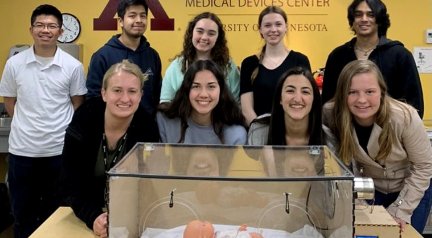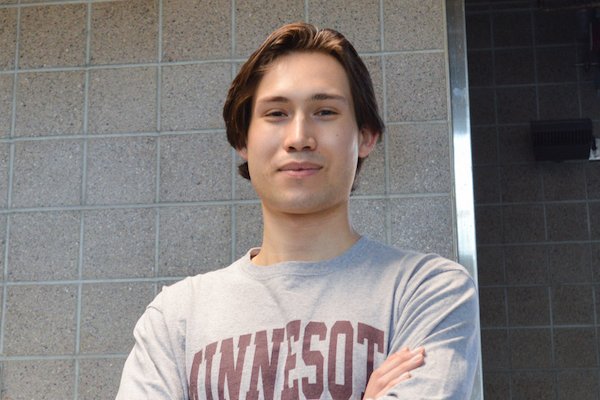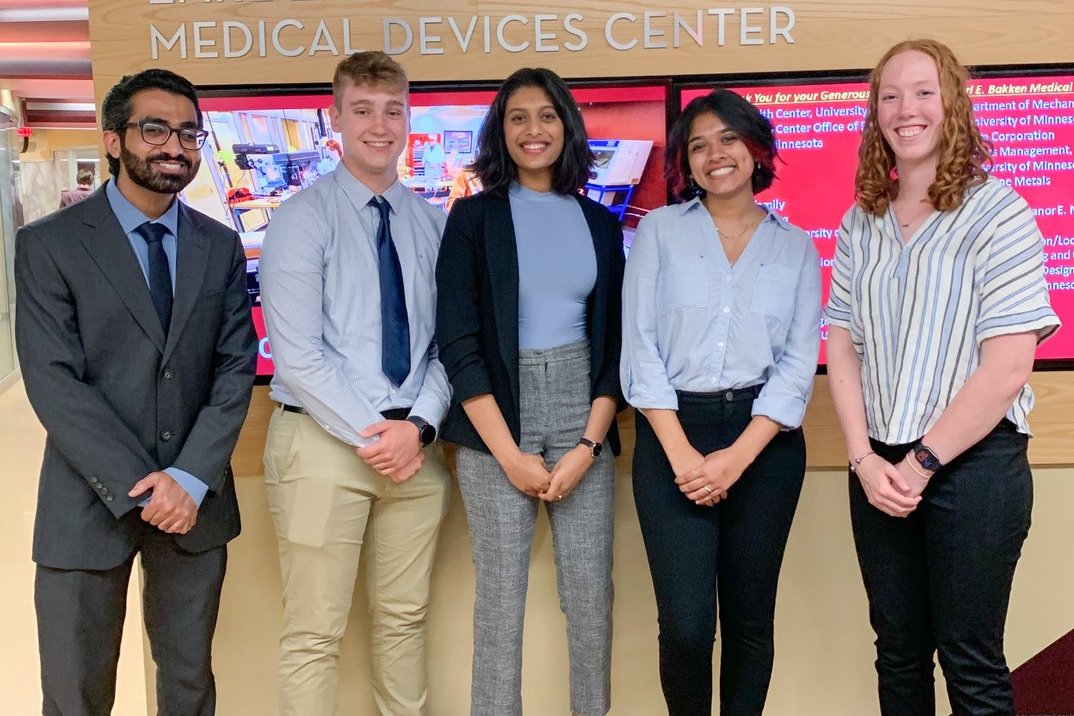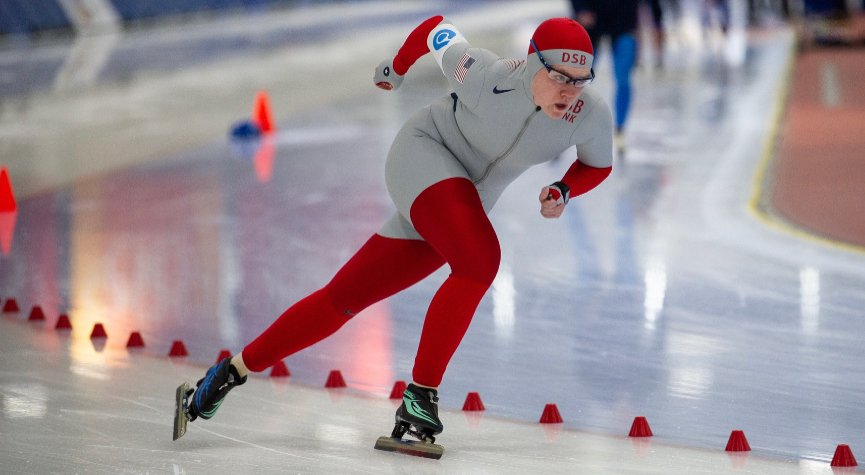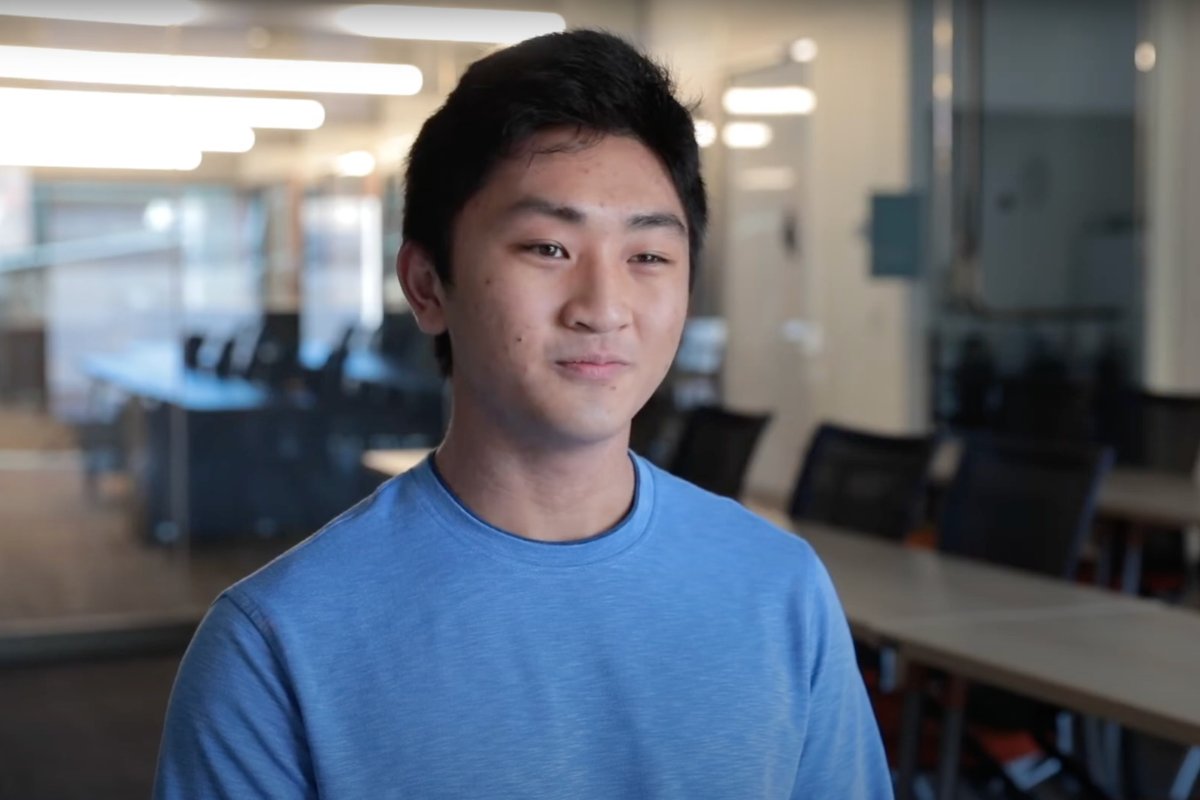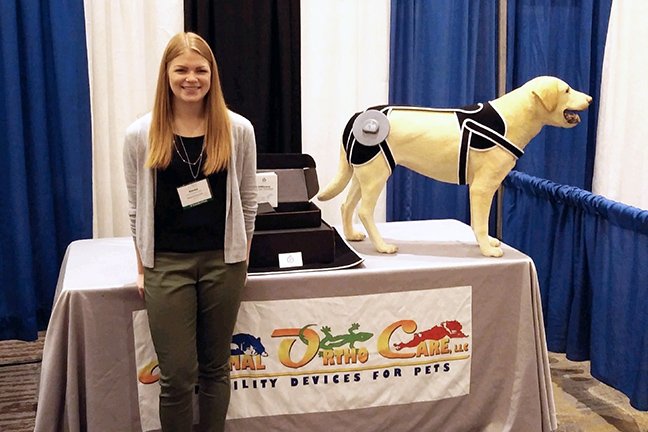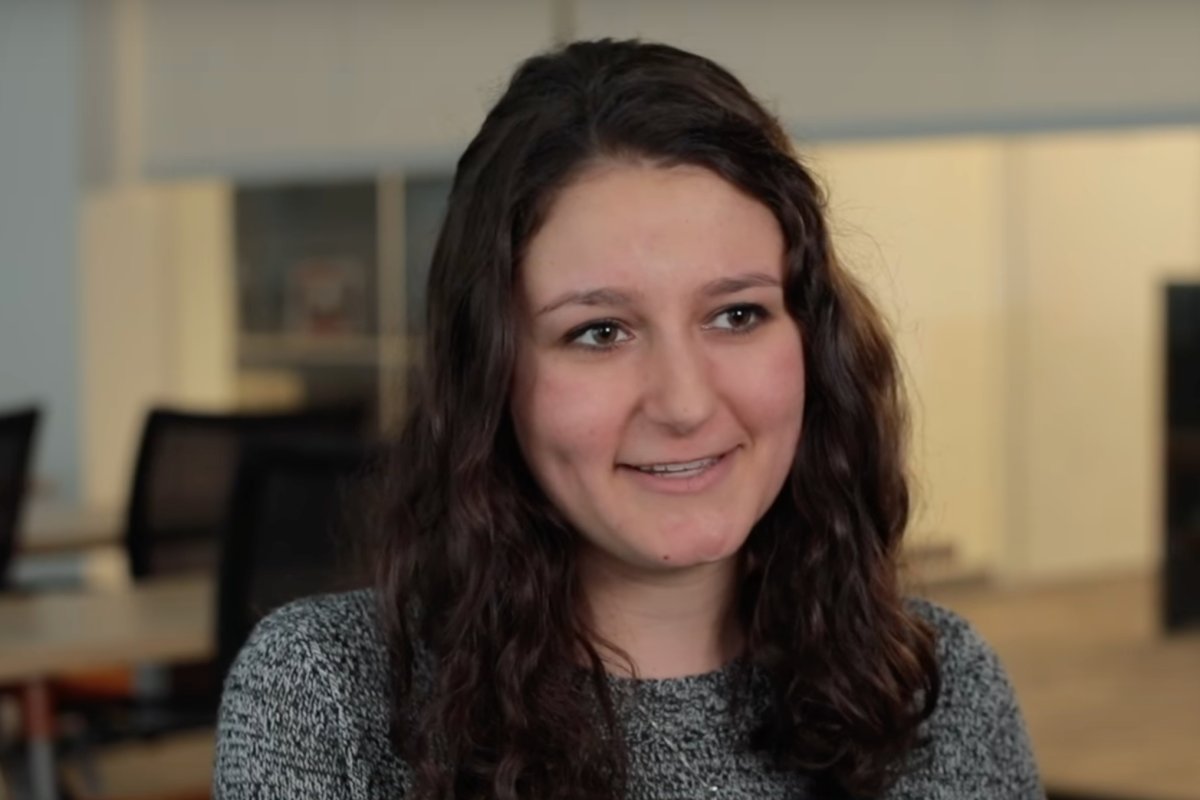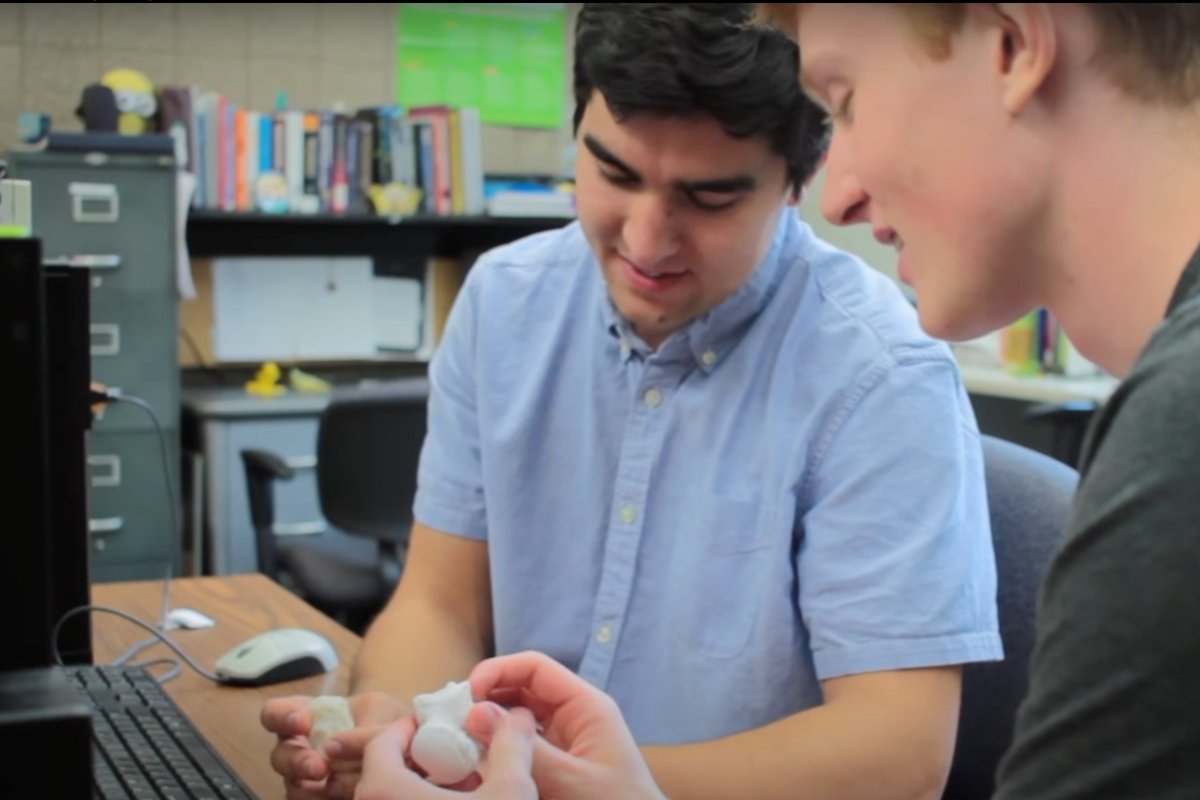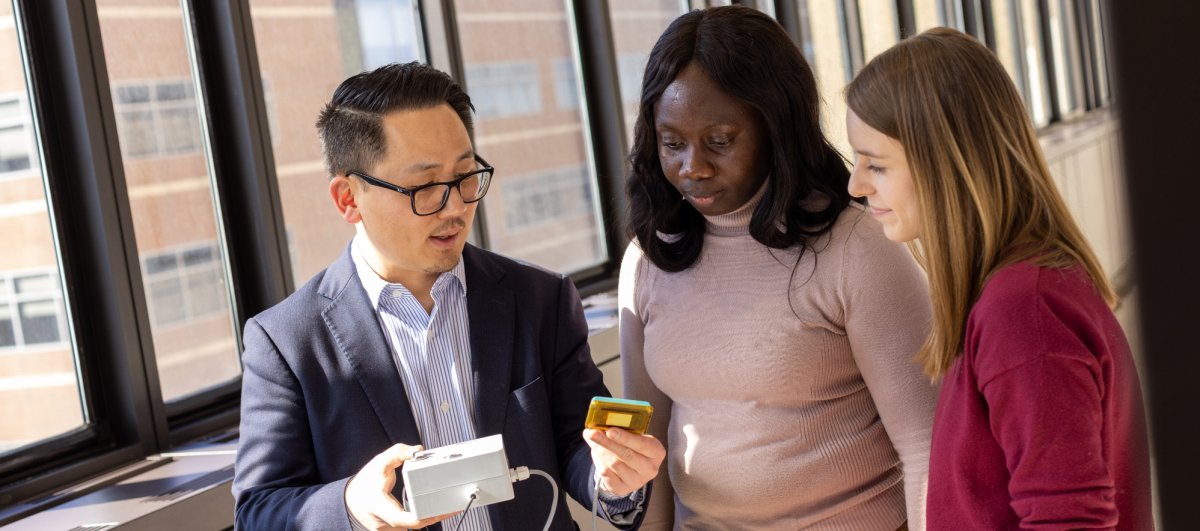
Undergraduate program
Gain skills, knowledge, and experiences for improving healthcare.
Learn to solve health problems
By majoring in Biomedical Engineering, you’ll sharpen your skills in math, physics, chemistry, and biology and enjoy ample opportunities to learn by doing. The rewarding, in-demand, and diverse field allows you to tackle complex challenges and help people live longer, healthier lives.
Build a foundation, make an impact
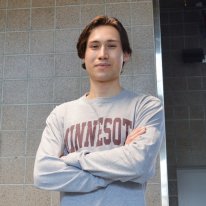
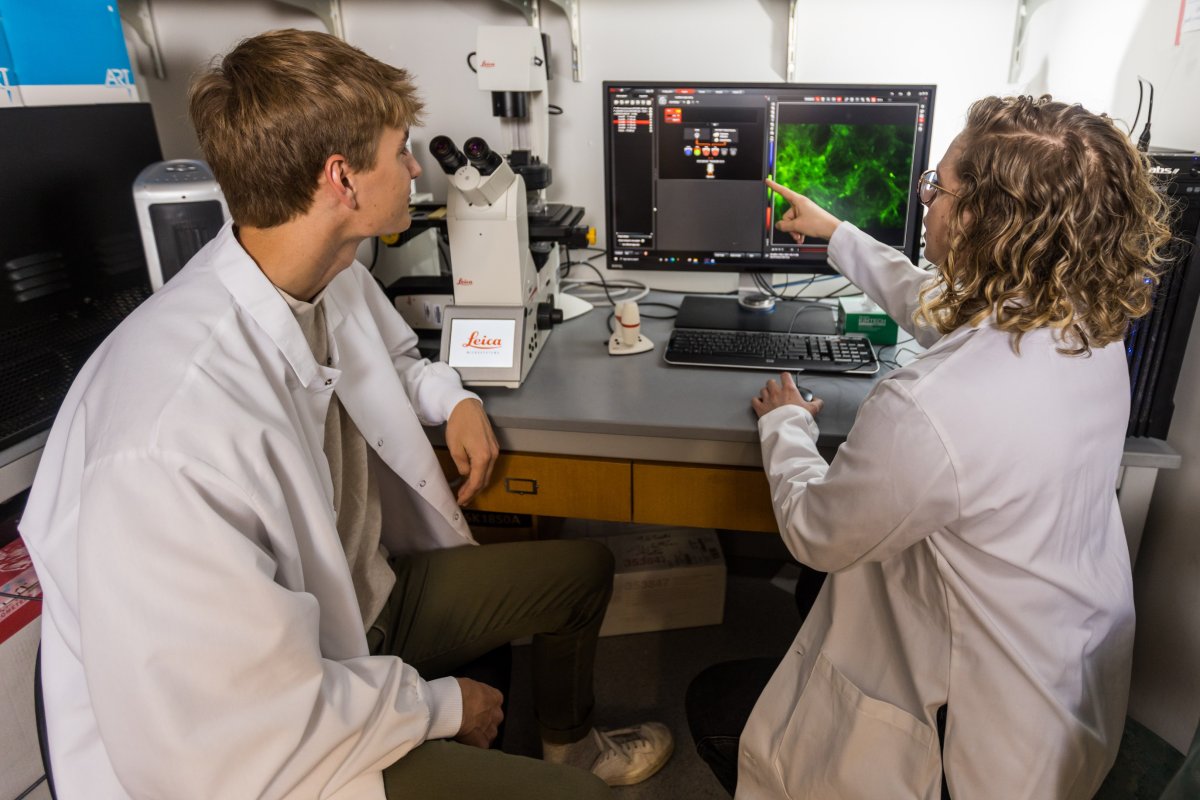
Coursework for becoming a biomedical engineer
Seminar sequence
A two-course freshman seminar sequence led by professors and practicing biomedical engineers from local medical device companies.
Biology and physiology
10 credits of required courses.
Core courses plus labs
Five 4-credit biomedical engineering courses with integrated laboratory experiences.
Senior design sequence
A two-course sequence where you'll be advised by practicing biomedical engineers.
Electives
During your senior year, you’ll take 27 credits of engineering/science electives. This eight-course “custom track” allows you to tailor your studies to your career interests.
Hands-on experience with practicing biomedical engineers
The Minneapolis-St. Paul area is a dynamic hub for medical devices, biotechnology, and start-ups — including 1,000+ local healthcare companies.
These practicing biomedical engineers enrich our students’ educational experience, such as by guiding senior projects and offering opportunities to work alongside them.
$70,000
What biomedical engineers do
- Medical device design, fabrication, and testing
- Prosthesis fabrication
- Ergonomics and human factors
- Physiological function monitoring
- Gene therapy development
- Biomedical microsystems
- Home health care technology development
- Biomedical informatics
- Functional imaging and tomography
- Biomaterial development and biocompatibility
- Artificial tissue and organ fabrication
- Cell- and biomolecule-based sensors and therapeutics
Meet our students (current and former)
Contact
Meagan Hagerty
Undergraduate Program Coordinator
bmedus@umn.edu
612-626-3446
